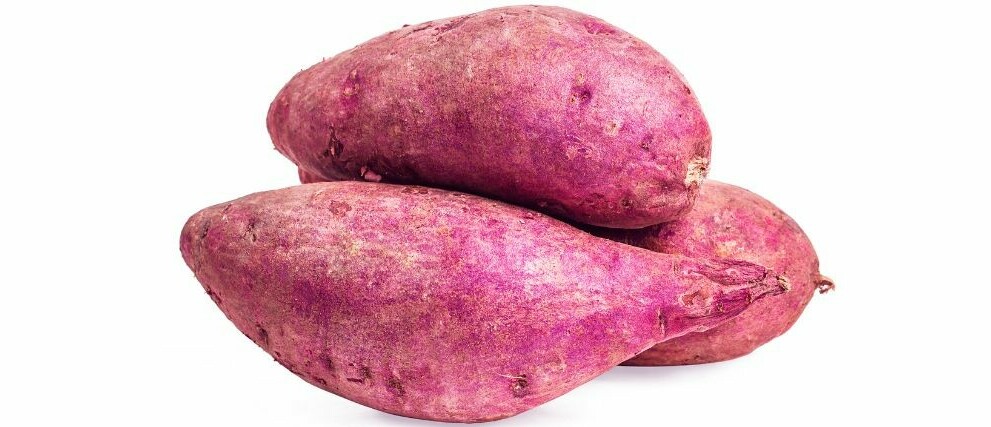Just a few current news items, topics, and stories that are making news today in the simple and healthy eating world!
From Arkansas…
Summarizing thoughts in an article posted in the Stuttgart, Arkansas Daily Leader on how to eat healthy on a budget.
- If you want to eat healthy on a budget, plan ahead. Don’t just buy things “on the fly!” this cuts down on impulse purchases. (“no-brainer” – yet we still might not think about it!)
- Cook more and eat out less. Not only cheaper, but healthier. (Think about it: Restaurants primarily want to make food taste rich so you come back! This means adding lots of unhealthy salt, sugars, and fat.)
- Focus on things that are nutritious and low-cost, like beans, eggs, peanut butter, potatoes (sweet and white), oats, brown rice, peas, frozen and canned fruits and vegetables. (You know this already.)
- Make your own snacks, don’t buy them. Just like restaurants, snack food makers also want to make food taste “amazing,” so they will do whatever they think is necessary to the “food” to make it taste that way – at the expense of your health! (Then they’ll find whatever way they can market it to you to make you feel like it’s healthy, like emphasizing “no trans fats!” No problem, they’re free to do that, but you’re free to be wise and not bite!)
- Have a garden or visit a farmers market. (Realistically, not everyone has the space or ability to have a garden. We have a small garden, and it’s fun to grow things in it, but it might cost more, until you buy plants, seeds, etc., than it produces. If you have a lot of space, then for sure! Farmers markets – check them out. Might be worth it, depending on where you live.)
- Watch the portion sizes of what you eat. (In other words, save money by eating less! Kind of a “long ago” concept, but hey…most Americans eat more than they need. Even one slice of bread costs something. Less eating = less buying = less money out of your pocket. I expect that you, along with me, are far away from starving!)
- Shop the right places. Check ads; compare prices. (But don’t run around to 50 stores to buy 50 “cheapest” items. You’ll save money on food but not on gas or time. You already know that, I’m sure, but sometimes we need to be reminded.)
- Drink water. (Even if you think your water bill is high, you could drink gallons of water every day, and add virtually nothing to your overall monthly cost of living! Not so with juices and soda. If you want flavored water, black or green tea cost almost nothing, so you could try that route.)
30:30:30 Diet
OK, I have never seen this one before. But if you need to lose weight, it might be worth a try. Pretty easy, simple, healthy, and budget-friendly, and that’s what it’s all about. This comes from the Women’s Health magazine.
Here’s the plan: Within 30 minutes of waking up, eat 30 grams of protein then 30 minutes of medium-intensity exercise like walking, for 30 days!
(I like it. Might try it myself, although I’m in the normal weight range and don’t need to lose weight personally. I could see this being good for overall health…)
What Kind of Potato is the Healthiest?
Right off the top, we probably think either white potatoes or sweet potatoes, but an article in health.com mentions purple and red potatoes as variety as well!
Based on what I was able to glean from the article, sweet potatoes, which are in a different potato “family,” have the edge healthwise over white potatoes because of greater fiber, more beta carotene, etc. However, the other “regular” potatoes are not unhealthy, either.
Potatoes, I think it’s safe to say, become unhealthy when they are turned into French Fries or potato chips, though. Mashed potatoes can be great, but if you have to add a lot of butter and sour cream, the health quality is reduced accordingly. Steaming, boiling and microwaving are the healthiest ways to prepare potatoes.
And hey, we know potatoes are cheap. “Cheap” is relative these days, but comparatively, they still are cheap!
Sleep and Diet and Diabetes
Good sleep doesn’t cost money (well, maybe the cost of melatonin or zzzQuil), and it’s simple and healthy, so here’s an interesting article on the comparative effectiveness of a good night’s sleep in helping prevent Type 2 diabetes. Compared to what? Compared to a good anti-diabetes diet alone. It seems that you can have an awesome diet, but if you get less than 6 hours of sleep per night, the lack of sleep has more potential to cause diabetes than a good diet does to prevent it, as important as a good diet is! So do what you can, not always easy, I know…
So…
Just a few highlights from the current news cycle! Any comments, feel free to share them in the space below.

